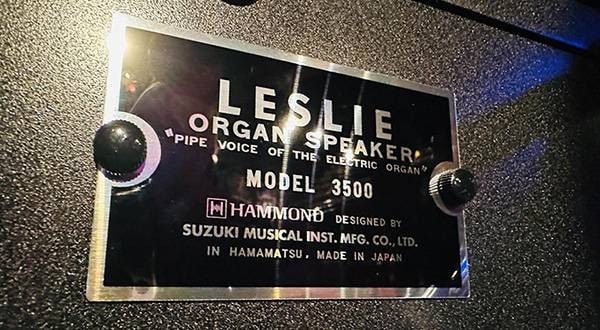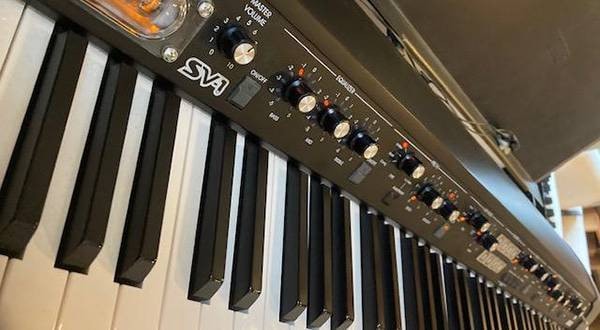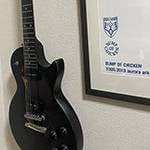Do you get nervous when playing or speaking in public?
According to one survey, 95% of people answered "Yes" when asked "Do you get nervous when giving a speech in public?"
In other words, it is natural to be nervous. Of those who answered the survey, 5% of the people, those who answered “No”, are also quite normal.
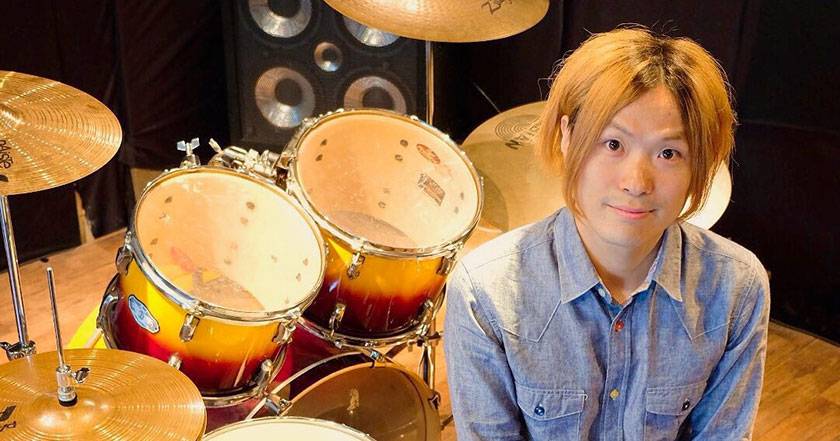
What happens when you get nervous?
If you are too nervous, you skip important content or you make unexpected mistakes. Your body is tense, your hands are shaking, and you can't smile naturally. Your voice trembles and you cannot speak as usual. I think that there are many people who are disappointed with themselves, saying, "I'm always nervous when it comes to important situations..." and "How weak I am in in the spotlight...".
If you feel nervous about your nervousness, then you should be able to tell yourself that you are going to be nervous about the tension that you are going to experience.
When you get nervous, it's said that you should write the word "person" on your palm and drink it three times, but rather, that reminds you that you’re nervous. It doesn't seem to be effective because that’s how it is.
I think that tension is an “enemy” that lowers my performance, and I try to "eliminate" tension. However, tension is indispensable for the best performance. Being tense increases your concentration, your judgment and your physical strength. If you understand the mechanisms of tension, you will be able to see how to deal with it, and you will be able to deal with your nervousness as well, and you will be able to perform at your best.
Mechanisms of tension
When you are nervous, what happens in your brain?
There are three main causes of tension.
“Sympathetic nerves become dominant.”
“Serotonin is low”
“High noradrenaline”
◎ The sympathetic nerves become dominant
The sympathetic nerves are said to be the daytime nerves, and it is said that they are in active mode. On the contrary, the "parasympathetic nerves" are the dominant nerves at night and you are in rest mode. In other words, it is in a relaxed state.
In the "too tense state", the "sympathetic nerves" are dominant, so if you can switch to the parasympathetic nerves, you can suppress your feelings of restlessness.
The easiest way to switch to the parasympathetic nerve is to take a deep breath.
When you are tense, you tend to breathe shallowly, so your sympathetic nerves continue to dominate. On the contrary, it is said that the parasympathetic nerve becomes dominant if the breathing is slowed down.
You can't control your heart rate or body temperature, but you can control your "breathing".
There are many different ways of deep breathing. What they have in common is that they need to "breath slowly," "focus on breathing," and "practice daily."
How to take a deep breath (3 breaths per minute)
①Take a breath from your nose for 5 seconds.
②Take 10 seconds to exhale as thinly as you exhale with a straw from your mouth.
③Exhale the air in the lungs over 5 seconds.
Repeat 3 times in 1 minute, focusing on your breathing.

◎ Low in serotonin
The substance in the brain called "serotonin" is a healing substance, and controls "calmness," "normal mind," and "stability of the mind." On the other hand, if you don't have enough serotonin, you will be weak in the morning, frustrated, easily angered, emotionally unstable, and unable to switch things.
Serotonin has the function of regulating other substances in the brain, and it is said that excessive tension can be controlled simply by creating a state in which serotonin works properly.
So how can you secrete serotonin?
Many people have the experience of "laughing makes you feel better", and when you laugh, serotonin is secreted. Since serotonin controls facial muscles, it is possible to induce serotonin secretion simply by creating a natural smile.
A professional drummer said at a drum seminar, "When you're nervous, you should laugh!", which makes sense from a brain science perspective.
◎ High noradrenaline
Noradrenaline is “tension itself”.
Noradrenaline is a substance released to make the right decision in an instant in a cornered situation. That is, it is a substance for avoiding danger.
It is also said to be "a substance in the brain that comes out when a primitive man encounters a beast."
When noradrenaline is secreted, the brain is sharpened, concentration is improved, judgment and physical ability are improved. By doing so, it is possible to instantly judge "whether to fight this beast or escape" and take action. At the same time, your memory and learning ability will improve. This is because when you are in danger, you have to remember what kind of place and what kind of situation you are in.
Giving the best performance with moderate tension
It is the part of the brain called the "amygdala" that determines whether or not to release noradrenaline, which is the "tension itself".
When the amygdala encounters an event, it instantly determines whether the situation is life-threatening or not. For example, when a bicycle comes at us at an intersection, our mind thinks "Danger!”, and even before we think, we pull our body quickly and avoid it. These are due to the amygdala's danger sensing system.
When you play in public, you make a big mistake and you have a hard time. You’re nervous because of the anxiety about such unknown things and unpredictability. At that time, if the "amygdala" is judged to be "dangerous", noradrenaline be secreted and you will be nervous. In other words, it is sending a warning.
Conversely, if the amygdala determines that there is no danger to life, that the success rate is high, and that it will not fail, then tension will not occur.
Even if there is a scene where you are extremely nervous, when you overcome it and look back, you may wonder, "Why were you so nervous about this to begin with?" The reason why you’re relieved is that you know what it was. This means that the amygdala judged it to be "safe" and the tension can be relieved by examining and practicing to the extent that the unknown can be seen vaguely and can be predicted.
How much should I prepare?
Nevertheless, there are times when, despite the fact that you were prepared enough to carry something out, you failed!
Unfortunately, it must be said that you were "not ready".
So how do you know “how much preparation is necessary”?
There’s nothing but "stepping up and taking challenges".
In other words, if you try various things and prepare thoroughly each time, you will come to know what kind of preparation you need for something and how much you should prepare. In other words, "how to prepare" and "quality of preparation" will improve.
If you know "how to prepare", you will be able to carry out the process for a good performance without wasted effort, and if you improve "quality of preparation", you will be able to prepare well in a short time.
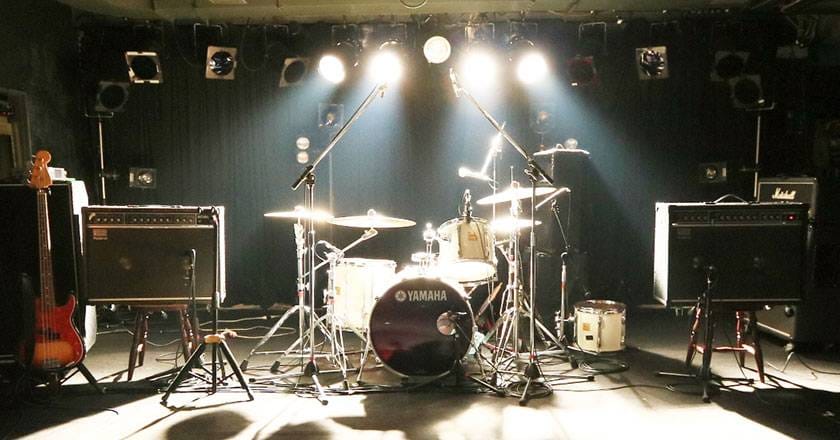
It is also important to be willing to fail.
And it is also important to think that it is okay to fail even if you are completely prepared.
Speaking of playing drums, if you think "what if you drop the stick while playin ...", you will be overwhelmed and you will not be able to hit it well.
The quality of preparation is also a matter of preparing a replacement stick that says "If you drop the stick, let's deal with it" or to be able to hit the rhythm with one hand.
Being able to hit with one hand frees you from the fear of not dropping the stick, so you can relax and play without the power of the hand holding the stick.
Also, if you make a mistake, you can improve where you lacked or gain new awareness. Failure is essential to growth, so don’t be afraid to fail.
And if you take on a lot of challenges and experience a lot, you will be able to easily set yourself up saying, "It's not a big deal compared to that time" and "It's not a big deal if I make a mistake."
We tend to have a negative image of “I’m nervous…”, but tension is tension.
“I’m getting excited!” If you think about it, I think you can get a positive image and pull off a good performance.
Tension is never a bad thing. Moderate tension will be on your side and you will be able to perform at your best.






